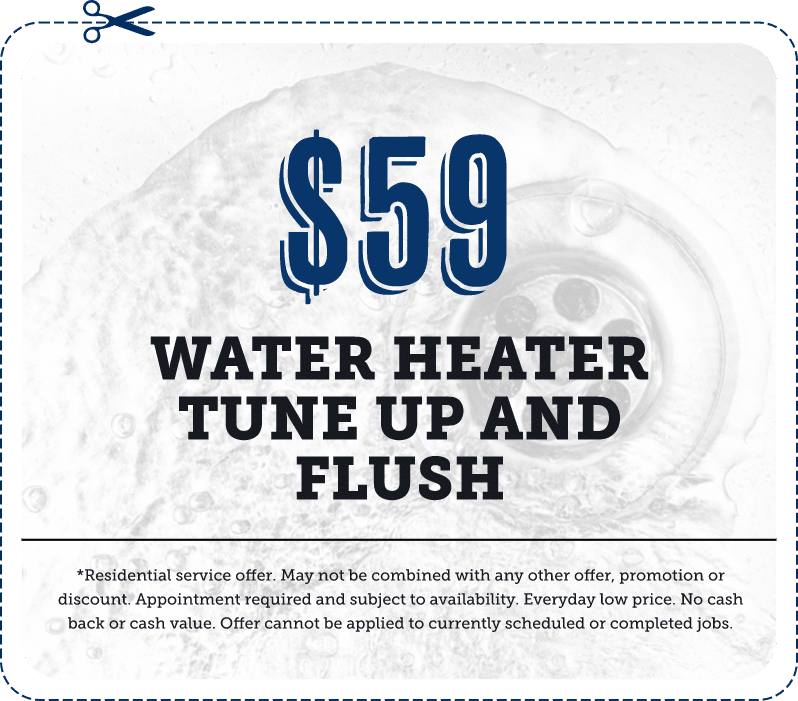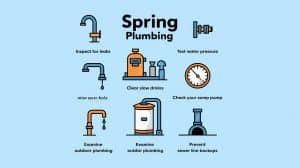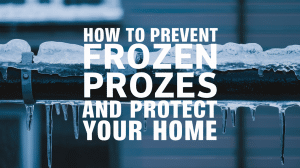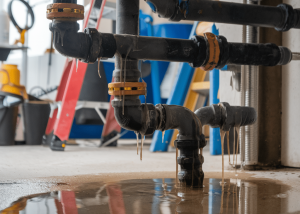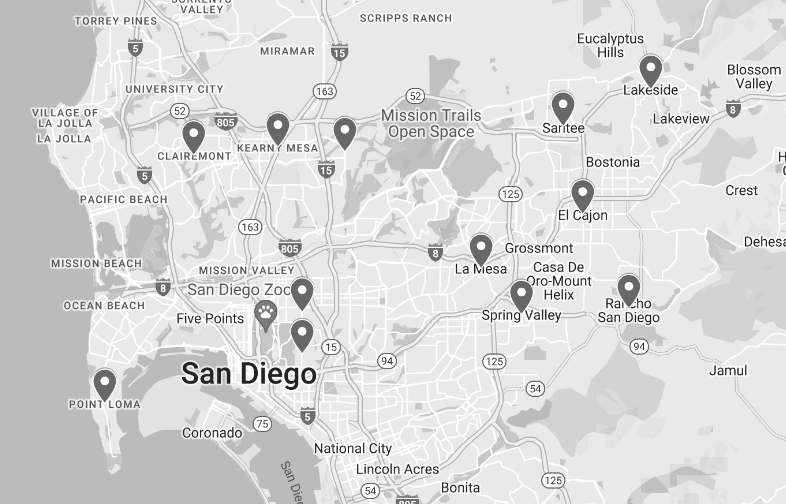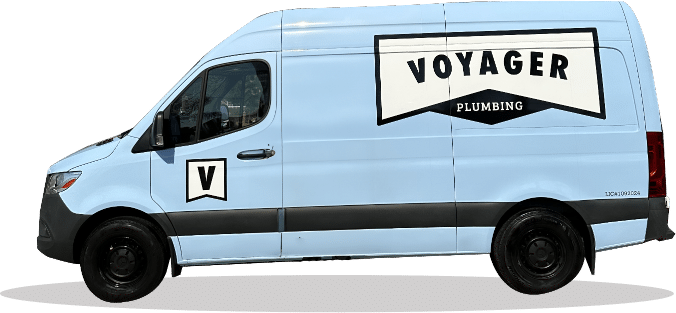Burst water pipes can cause extensive water damage and lead to expensive repairs. Knowing what causes burst water pipes and how to address the problem quickly can save you time and money.
At Voyager Plumbing, we help homeowners handle plumbing emergencies effectively. By focusing on prevention, we aim to stop small issues from turning into major problems. Our team provides high-quality service, clear pricing, and complete customer satisfaction, whether you’re dealing with a leak or need new installations.
Don’t wait for a burst pipe to disrupt your day—contact us today for reliable and efficient plumbing solutions.
What Causes Pipes to Burst?
Understanding the causes of burst water pipes helps you take action to avoid them:
1. Freezing Temperatures
Cold temperatures are one of the most common reasons for burst pipes. When water freezes, it expands, creating intense pressure inside the pipes, which can cause them to break.
Prevention Tips:
- Insulate pipes in unheated or exposed areas.
- Allow faucets to drip during freezing weather to keep water moving.
- Regularly inspect pipes for signs of wear or weakness.
2. High Water Pressure
Excessive water pressure, often exceeding 80 psi, puts stress on pipes and increases the risk of failure. Faulty pressure regulators can also contribute to high water pressure, leading to potential pipe bursts during water flow fluctuations.
Pipes typically handle water pressure between 50 and 80 psi. Installing a pressure-reducing valve can help maintain safe levels.
Pro Tip: Regularly check your water pressure using a gauge to catch any spikes before they cause problems.
3. Aging and Corroded Pipes
Older pipes, especially galvanized ones, are prone to rust and deterioration. As pipes age, the corrosion can weaken the pipe walls, making them more likely to develop leaks or bursts. Replacing them with modern materials like copper or PVC can prevent future problems.
Signs to Watch For:
- Discolored or rusty water.
- Visible rust or flaking on pipes.
4. Blockages and Clogs
Water pipe clogs caused by grease, debris, or other materials can create pressure buildup, leading to bursts.
Prevention Tips:
- Use drain covers to catch hair and debris.
- Avoid pouring grease or oils down the drain.
- Clean fixtures regularly to prevent buildup.
5. Poor Installation
Improperly installed pipes are more likely to break due to misalignment or poor-quality materials. Hiring experienced plumbers can help prevent these issues.
Pro Tip: Schedule periodic inspections to maintain your system’s condition after installations or repairs.
6. Tree Roots
Tree roots often grow toward water sources, infiltrating underground water pipes and causing cracks or blockages.
Prevention Tips:
- Trim trees near plumbing lines regularly.
- Install root barriers to protect underground pipes.
7. Hard Water
Hard water contains minerals that can build up inside pipes, affecting how water flows, reducing the diameter of pipes, increasing pressure, and ultimately leading to potential pipe bursts.
Solution: Installing a water softener helps prevent mineral buildup, extending the life of your plumbing system.
Warning Signs of Potential Pipe Bursts
Pay attention to these signs to catch problems early and prevent water pipe bursts:
- Stains or Discoloration: Yellow or brown marks on walls or ceilings.
- Rising Water Bills: A sudden increase could mean there’s a hidden leak.
- Unusual Noises: Banging or gurgling sounds in your plumbing.
- Moisture: Wet spots or condensation near pipes.
What to Do if a Pipe Bursts
If you’re dealing with a situation where pipes burst, quick action can reduce the damage:
- Turn Off the Water Supply: Locate your home’s main water shut-off valve and close it. Make sure everyone in your household knows where it is and how to use it.
- Drain the System: Open all faucets and flush toilets to remove remaining water from the pipes. This relieves pressure and minimizes damage.
- Dry the Area: Use towels, fans, and dehumidifiers to dry affected areas. Check hidden spaces for moisture to prevent mold and mildew.
- Call a Plumber: Reach out to a licensed plumber immediately to assess the situation and carry out repairs. Keep emergency contact information for your plumber handy to save time during crises.
Preventing Burst Pipes
You can avoid water pipes bursting by taking simple preventive steps:
Insulate pipes to protect against freezing temperatures.
- Regularly check water pressure to ensure safe levels.
- Replace old or corroded pipes with modern materials.
- Schedule annual plumbing inspections to catch potential issues early.
How Voyager Plumbing Can Help
Burst pipes can be disruptive, but understanding the causes and acting quickly can minimize the impact. Frozen pipes are a specific issue that we can help prevent.
At Voyager Plumbing, we’re committed to providing dependable solutions to protect your home and keep your plumbing in top condition. From prevention to emergency repairs, we’re here to help every step of the way.
Looking for more tips on maintaining your plumbing system? Call us now for expert advice and services tailored to your needs.

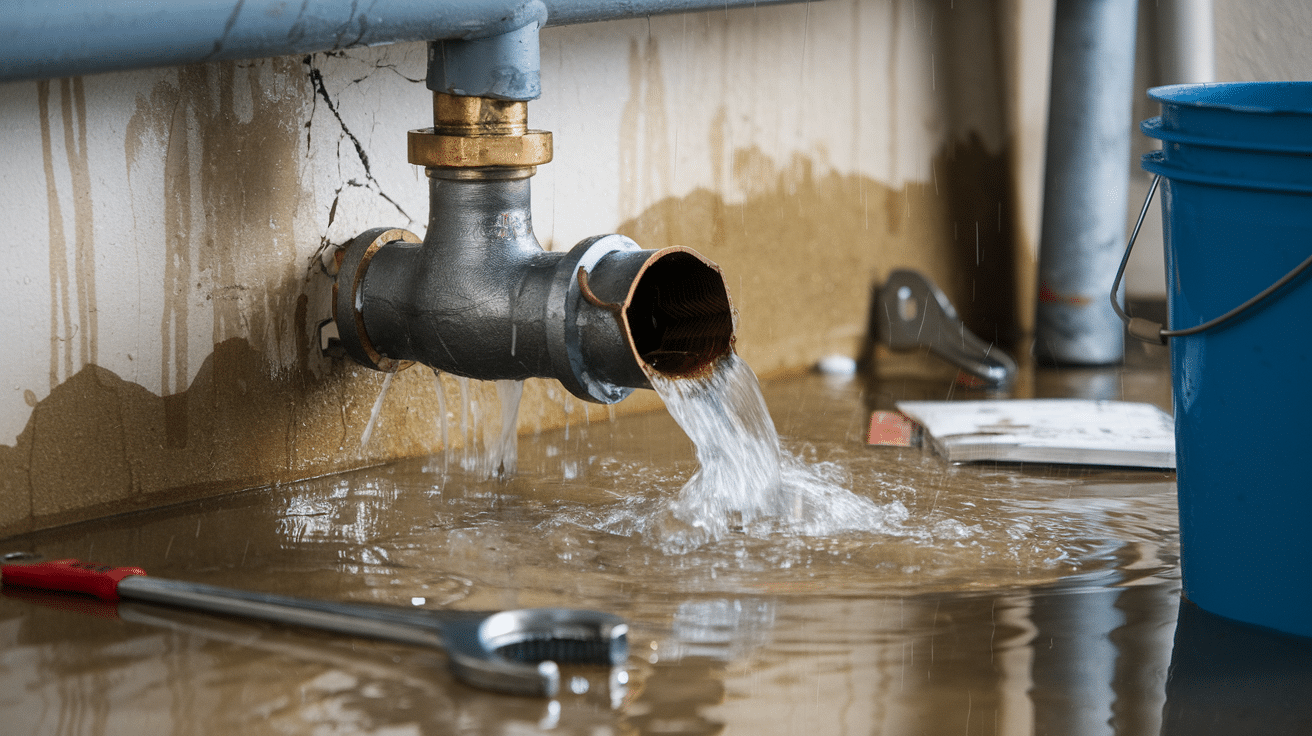
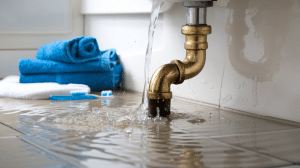
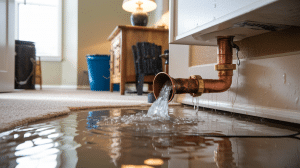
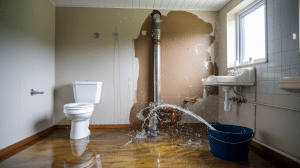 Insulate pipes to protect against freezing temperatures.
Insulate pipes to protect against freezing temperatures.